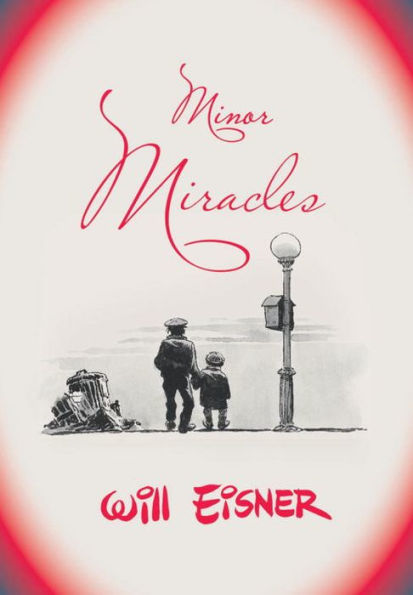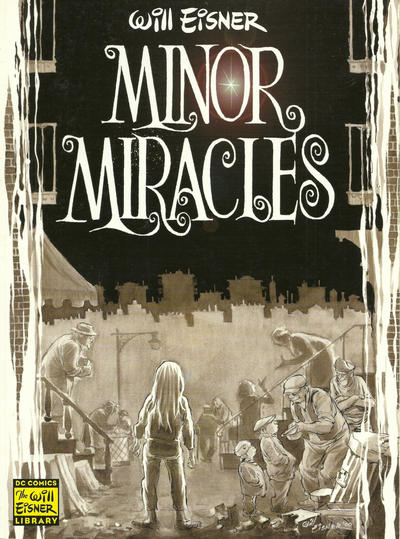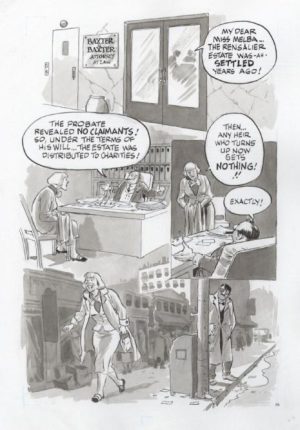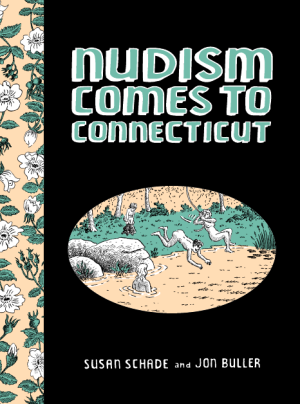Review by Frank Plowright
Will Eisner may not have invented the graphic novel, and there’s now doubt as to whether he actually came up with the term, but from the late 1970s onward he pioneered use of comics’ form for adults. When no-one else followed his lead for a long while, he persisted, and in the 21st century there’s no longer a stigma attached to comics. However, it’s meant he’s been surpassed, and graphic novels that were groundbreaking in their day can look as a frayed around the edges as the original cover design for Minor Miracles.
It’s Eisner once again looking back to his depression era childhood of the late 1920s and early 1930s. Stories circulated among New York’s large Jewish community, much in the manner of urban myths. Every stroke of good fortune could be attributed to a miracle, even when there’s a perfectly ordinary explanation, and it’s understandable that in hard times people preferred the random mystical option, as if it happened to someone they knew, there was always the possibility luck could come their way. The miracles may not have involved direct members of Eisner’s family, but somehow a distant relative was always featured.
That’s the case with Uncle Abner in ‘The Miracle of Dignity’, the best of the four stories. It’s a rise and fall scenario, with Abner having fallen on hard times, and helped out of a mess by the kindness of a family member he then has no qualms about exploiting. It’s cleverly told in Eisner’s theatrical manner, having a symmetrical pattern over a few decades and a smart payoff concerning dignity and pride.
‘A New Kid on the Block’ provides the cover illustration of a young teenage boy arriving in the community speaking a strange language, and good fortune occurring in his presence. It features a disturbing and never resolved back story that would otherwise head into territory darker than that customarily explored by Eisner, at least until his final graphic novels. The storytelling is first rate, and it exemplifies random coincidence better than any of the remaining material, but it’s charming and amusing in passing rather than memorable.
The two remaining items are a brief delve into street smarts to avoid a battering from bullies, and ‘A Special Wedding Ring’, which wasn’t intended as pernicious, but will now come across as insulting. It concerns two middle-aged women arranging a marriage between their children, who’ve reached their mid-twenties without prospects on the horizon. The explanation is Marvin being crippled by a childhood illness, and the beautiful Reba never having spoken. Even putting aside the awkward premise it’s a bittersweet tale, with some shoddy behaviour.
Overall Minor Miracles is readable, but whereas in 2000 very few people were operating in similar territory, now people for whom Eisner opened up a market are producing better slice of life dramas.






